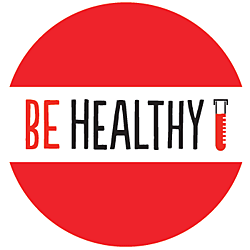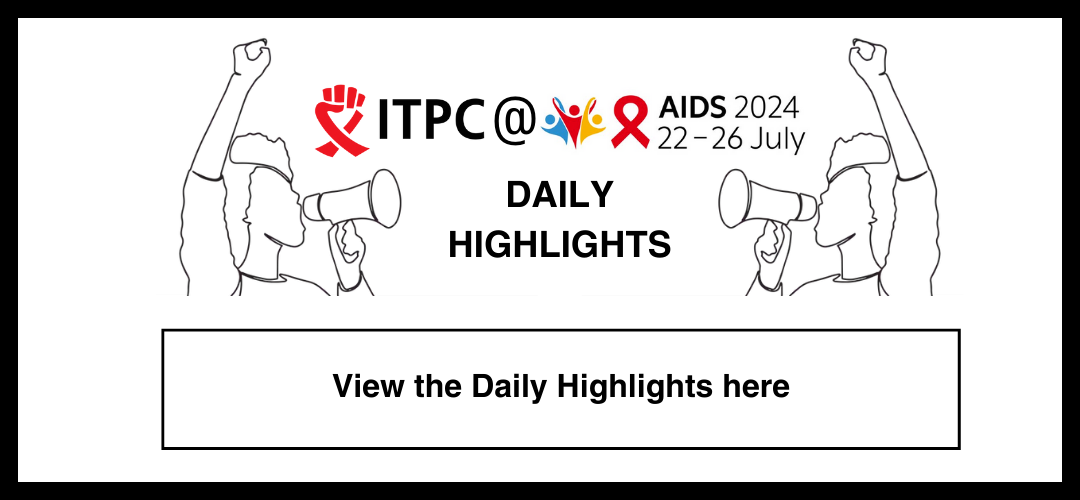Is your HIV treatment working?
You have the right to know!
A viral load test is the only sure way to know if your treatment is working.
Whether you are living with HIV or working in the field, this short online course will inform you about the importance of routine viral load testing. You will also learn how to mobilize your community to demand routine viral load tests.
Sign up for the ’Be Healthy – Know Your Viral Load’ online course.
You are Invited
Applications are invited for the online training course ‘Be Healthy – Know Your Viral Load’ (2016) led by the AIDS and Rights Alliance for Southern Africa (ARASA) and the International Treatment Preparedness Coalition (ITPC). The course will inform you why routine viral load testing is critical to health, and how you can mobilize communities to demand the test. The course runs from 7 November to 9 December 2016.
Background
Over the last two decades, treatment coverage has increased, in part, thanks to effective community treatment activism across the globe. Despite these gains, close to half of those in need of treatment still have no access to life-saving medicines. It is also not clear how many people on treatment have access to an essential component of successful treatment – routine viral load (RVL) testing.
As recommended by the World Health Organization (WHO), routine viral load testing is the best way to know if your treatment is working. A test measures the amount of HIV in the blood.. The WHO recommends viral load monitoring six months after starting ART, at 12 months, and routinely every year thereafter.
At present, it is not known how well people living with HIV are doing on various regimens, how many are failing treatment and how many are (or should be) switching to other regimens. All these unknowns beg the question – what is the quality of treatment celebrated by improved treatment coverage?
Upon completing this course, participants will have an understanding of why it is important to monitor HIV treatment. Participants will have the knowledge and tools to urge their governments to make sure the tests are routinely available, accessible and affordable.

